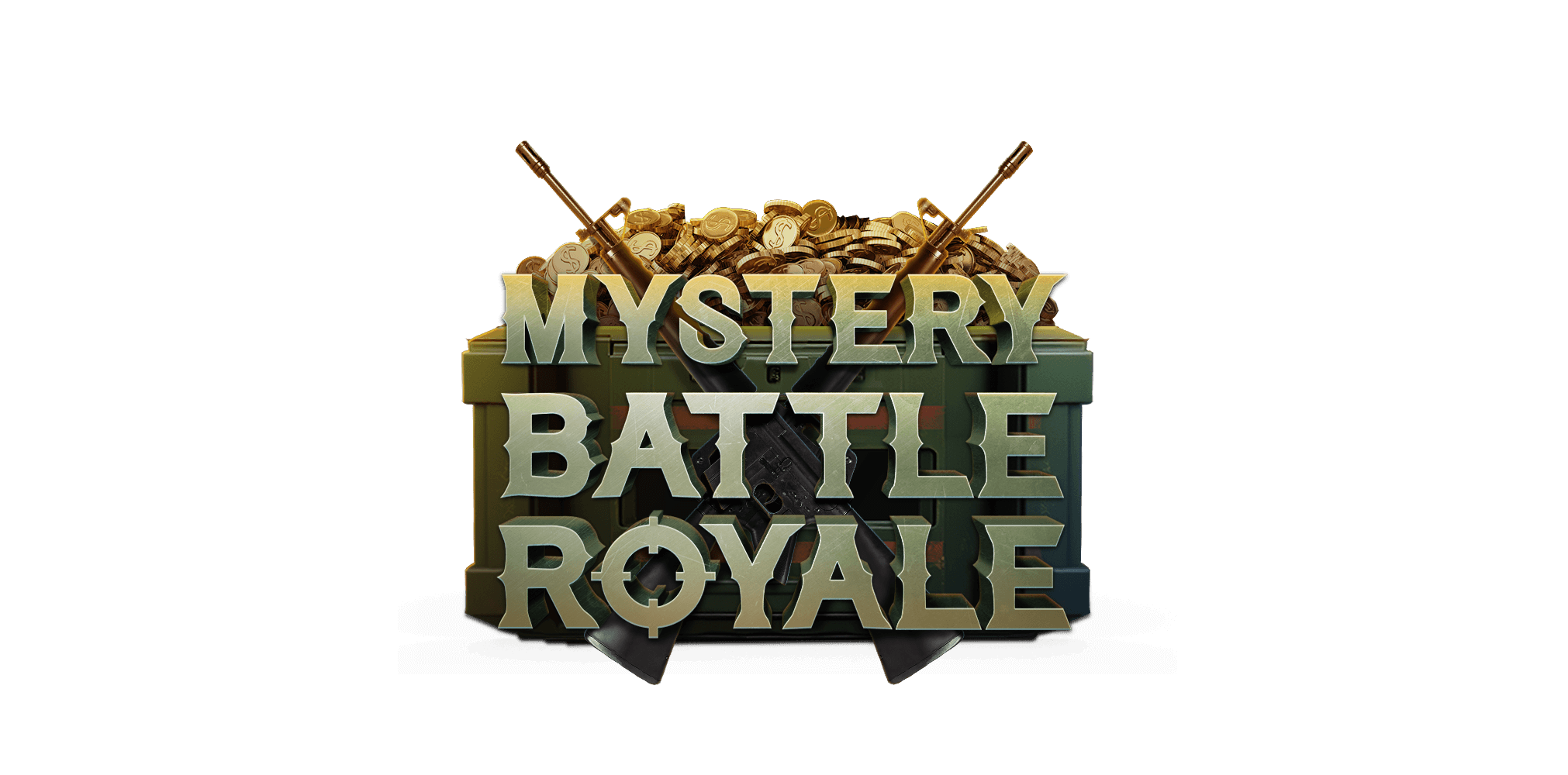
- Rethinking the Basics – Cash Games Rewired
- Understanding Table Selection and Game Types
- Psychological Warfare at the Online Tables
- The Power of Stack Management
- Playing Smart Against Passive Openers
- The Balanced 3-Bet Gameplan
- Multiway Mayhem – What Indian Tables Teach Us
- The Pre-Game Ritual: Mental Warm Ups Indian Players Ignore
- Reviewing Your Own Play (Without Fancy Tools)
- Red Flags That Say “Time to Quit”
Cash games aren’t about who gets lucky—they’re about who lasts. Unlike tournaments, where the clock or blinds force action, cash games demand consistent decision-making. You can join or leave at any time, but that freedom often leads players to get careless. The ones who last? They’re dialled in.
To win consistently in online poker cash games, you need a clear head, controlled emotions, and solid fundamentals. This blog walks you through the mindset that separates long-term winners from impulsive grinders: table awareness, stack management, mental game, and when to walk away.
Rethinking the Basics – Cash Games Rewired
When you play a real poker game like an online poker cash game, you're not chasing a trophy. You're playing with real money, and every decision counts. Each chip has real value—so, one 10 chip is actually worth Rs. 10. You can leave the game whenever you like, which gives you more flexibility than a tournament.
But this flexibility also means that mistakes can cost money. If you're used to tournament play, you'll need to rethink how you approach things:
There’s no end time. You can stay as long or as short as you like.
No increasing blinds. The stakes stay the same unless you switch tables.
Every chip is cash. A loose call or bad bluff doesn’t just lose you a chip—it costs actual money.
Understanding Table Selection and Game Types
Not all cash tables are the same. Some are full of tight players who barely play any hands, while others are loose and unpredictable. Learning to pick the right table can give you an edge before you even play a hand.
What to look for:
Tables with a high average pot size
Players with high VPIP (Voluntarily Put Money In Pot – basically, those who play many hands)
Low wait times and fast-paced games for better rhythm
Psychological Warfare at the Online Tables
In online poker cash games, your mindset is often more important than your cards. You’re playing against people who can leave the table anytime. That makes psychology a big part of your edge.
Tilt control is key. Tilt happens when frustration affects your decisions—maybe after a bad beat or a losing streak. It’s tempting to chase losses or play more aggressively, but that rarely ends well. Here’s what helps:
Take breaks. If you’re upset, step away before continuing.
Set win/loss limits. Decide in advance when you’ll stop.
Don’t switch strategies mid-session. Stick to what you know works.
Reading patterns are also important. In poker games you play online, you can’t see faces, but you can track how often someone raises, how quickly they act, or how often they fold to aggression. This gives you a reason, just in a different form.
The Power of Stack Management
In a real poker game, your stack size isn't just a number—it shapes your entire strategy. Whether you’re deep-stacked or running low, you need to adjust how you play. Here’s a stack size guide to help you:
Stack Size
What It Means
Short Stack (1–20 BB)
You're on the edge. Look for all-in opportunities where risk is low but reward is high.
Medium Stack (20–50 BB)
You have some room to manoeuvre. Time to pick your spots and apply selective pressure.
Big Stack (50+ BB)
You control the table. Use your position to make others uncomfortable.
BB = Big Blinds (standard bet size in poker).
Additionally, some tips for stack control in online poker cash games are:
Avoid letting your stack get too small. A short stack limits your options and often forces you into risky spots.
Don’t open-limp (call the big blind without raising). It’s a common beginner mistake that gives away your position.
Stay near to the max buy-in. That way, when you hit a strong hand, you get the most value out of it.
Playing Smart Against Passive Openers
You’ll come across a lot of passive openers on online cash game tables in India—players who limp in (just call the big blind) instead of raising. While it might seem harmless, this kind of play creates weak pots and leaves room for you to take control.
Here’s how to counter it:
Punish the limbs. Raise over limpers with strong and medium-strength hands. Force them to make tough decisions.
Don’t just call behind. Flat calling after a limp often turns the pot multiway and reduces your control.
Isolate weak players. If someone is limping in regularly, raise in position to go heads-up against them.
The Balanced 3-Bet Gameplan
A 3-bet is a re-raise after the initial raise. If someone opens, and you re-raise, that’s a 3-bet. A lot of Indian players either never 3-bet or do it only with premium hands. That’s predictable—and predictable is easy to beat.
To fix that:
Mix in suited connectors and strong Broadway hands (like KQ, AJ) with your value 3-bets.
Don’t just 3-bet with AA or KK. Good players will notice and stop paying you off.
Balance it based on position. 3-bet tighter out of position (when you're not the last to act) and slightly looser in position.
Multiway Mayhem – What Indian Tables Teach Us
When you play poker online in India, you’ll often find yourself in multiway pots with 3 or more players seeing the flop. This is mostly due to loose pre-flop calls and players being unwilling to fold marginal hands.
Here’s what that means for you:
Value > Bluffing. Multiway pots reduce bluffing success. Focus on hands that can actually win at showdown.
Tighten your opening range. You want to avoid marginal spots when you know others will tag along.
Play strong hands aggressively. Don’t slow-play. Get the money in when you're ahead.
If you adapt your strategy for multiway pots, you’ll lose fewer big pots and win more clean ones.
The Pre-Game Ritual: Mental Warm Ups Indian Players Ignore
Most players jump straight into real poker games without preparing mentally. That’s a mistake, especially if you’re playing multiple cash tables.
Here’s a quick 3-minute mental prep before you start:
Scan your mindset. Bored? Chasing losses? Don’t play. Reset before you regret.
Set session goals—not based on win amounts, but on making good decisions, playing fewer hands out of position, or avoiding tilt.
Review one leak. Think about one mistake you made recently and how to avoid it.
This short routine helps you start sharp. Indian players often skip it, but it makes a big difference, especially in longer sessions.
Reviewing Your Own Play (Without Fancy Tools)
You don’t need expensive software to improve. Start by reviewing major hands right after the session. Ask yourself simple questions:
Did I have a plan for this hand?
Was I playing based on emotion or logic?
What would I do differently next time?
You’ll improve just by thinking critically about your decisions.
Red Flags That Say “Time to Quit”
You don’t need a massive loss to know it’s time to log off; smart players spot the signs early. Here are some common red flags:
You’re chasing losses. If you’re no longer playing the hand but just trying to “win it back,” that's an emotional tilt. Step away.
You’ve lost focus. Clicking buttons, zoning out, or misreading hands? You're not in the game anymore.
You’re getting impatient. Playing trash hands just to feel involved? That’s a leak—quit before it costs you more.
You’re tilted by other players. Annoyed by someone's luck or chat? You're not thinking straight.
You're playing just to hit a volume goal. Grinding for the sake of it leads to bad decisions when you're drained.
Additionally, set a stop-loss before you start your session. That way, you’re not deciding mid-tilt. And always review your session afterwards. Knowing why you quit will help you come back sharper next time.
If you want to play cash games seriously, start by working on your mindset. You don’t have to be perfect—you just need to be more thoughtful than the average player. When you’re calm, focused, and disciplined, it’s easier to make good decisions and keep your bankroll healthy.
Once you're ready to cash games online, Natural8 India has everything you need to play at your pace, on your terms. Whether you're grinding low stakes or taking shots at bigger games, you’ll find:
Non-stop action with Hold’em, Omaha, Rush & Cash, and Spin & Gold
Tournaments for all bankrolls, including freerolls, daily guarantees, and bounty events
Secure gameplay on a licensed platform with fair play policies
Fast deposits and easy withdrawals, with 24/7 customer support when you need it
















